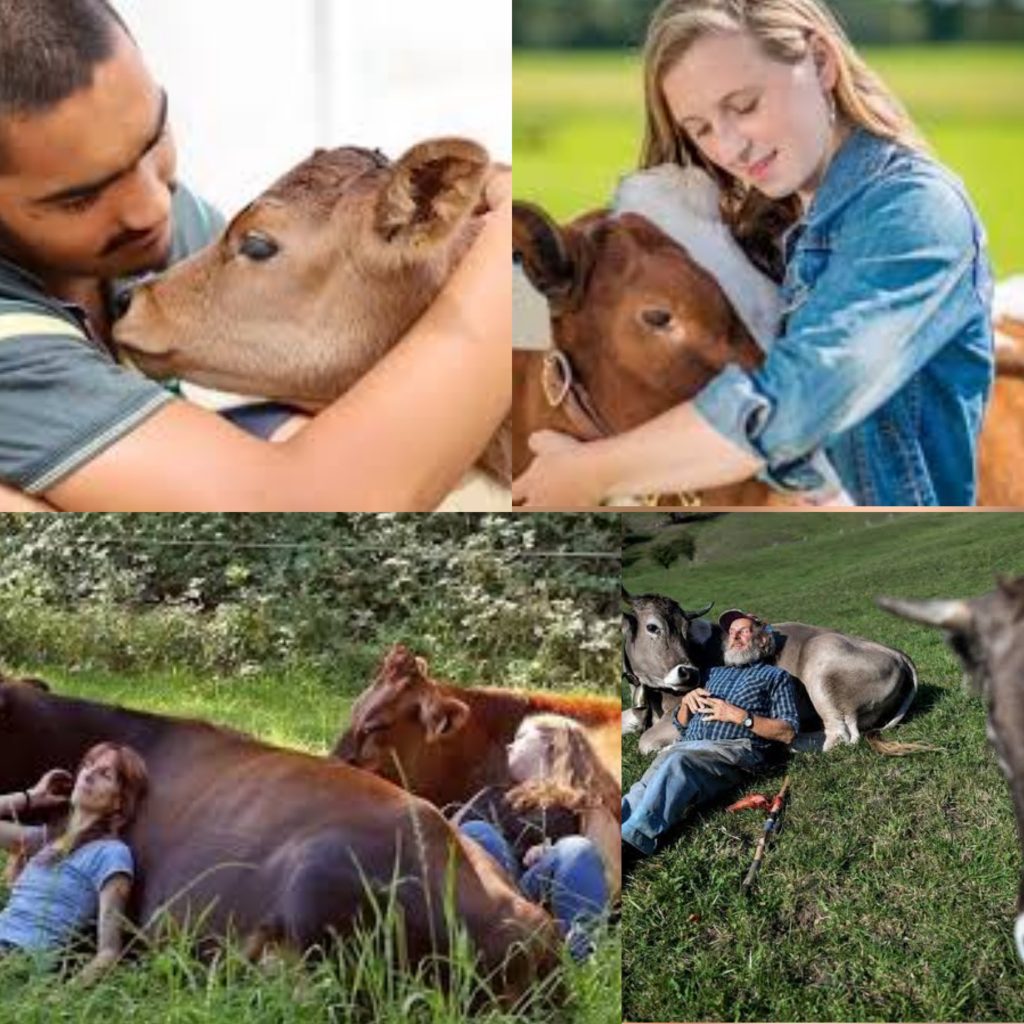The Animal Welfare Board of India has recently issued a notice calling for people to celebrate “Cow Hug Day” on February 14th with the aim of spreading “positive energy” and promoting “collective happiness”. The board has criticized the influence of Western civilization and expressed concern that traditional Vedic customs are in danger of becoming extinct as young generations are least bothered about the cultural values of India.
In addition to promoting cultural values, the board also wishes to encourage the young generation of India to embrace agriculture and animal husbandry. Hugging cows is seen as a way to show support for these important industries, as well as to promote prosperity. Ancient Indians believed that the cow is “Kamadhenu”, a symbol of prosperity, and hugging cows is seen as a way to embrace this prosperity.
Despite the good intentions behind this initiative, it has faced criticism from some quarters. Some have used this opportunity to mock and make fun of the decision, wrongly attributing it to the BJP. However, it is important to note that this was an instruction put forward by the Ministry of Agriculture and not by the BJP.
This call for a celebration of Cow Hug Day has generated a significant amount of buzz on social media and has sparked a debate about the celebration of Valentine’s Day in India. Some people argue that the celebration of Valentine’s Day goes against the cultural and moral values of the country, as it is seen as a blindly adopted Western tradition.

Cow cuddling therapy involves interacting with cows in a nurturing and therapeutic manner, which has been shown to have physical and psychological benefits such as reducing stress, lowering blood pressure, improving mood, and promoting well-being. This practice has a strong historical tradition in India where cows have been revered for centuries and are considered symbols of wealth, strength, and motherly love in Hinduism, where their milk is used for religious rituals and is believed to have purifying properties. Despite this cultural and religious significance, some young people in India who have been exposed to Western ideas may feel ashamed of cow cuddling therapy. However, it’s worth noting that Western people are now embracing cow cuddling therapy, and are even spending significant amounts of money to participate in this therapy. This shows that the appeal and benefits of cow cuddling therapy are universal, and that people from many different cultures are willing to invest in this form of therapy for their well-being. Regardless of its origin, the important thing is to approach cow cuddling therapy with an open mind and respect for its cultural and historical significance.
In conclusion, the Animal Welfare Board of India’s call for the celebration of Cow Hug Day is not just about promoting cultural values, but also about encouraging the young generation to embrace agriculture and animal husbandry. The cow is seen as a symbol of prosperity and an important part of traditional Indian culture. Despite the criticism it has received, the celebration of Cow Hug Day has generated a lot of discussion and has sparked a debate about the place of Western customs in India. It remains to be seen how the discussion will evolve in the future.





